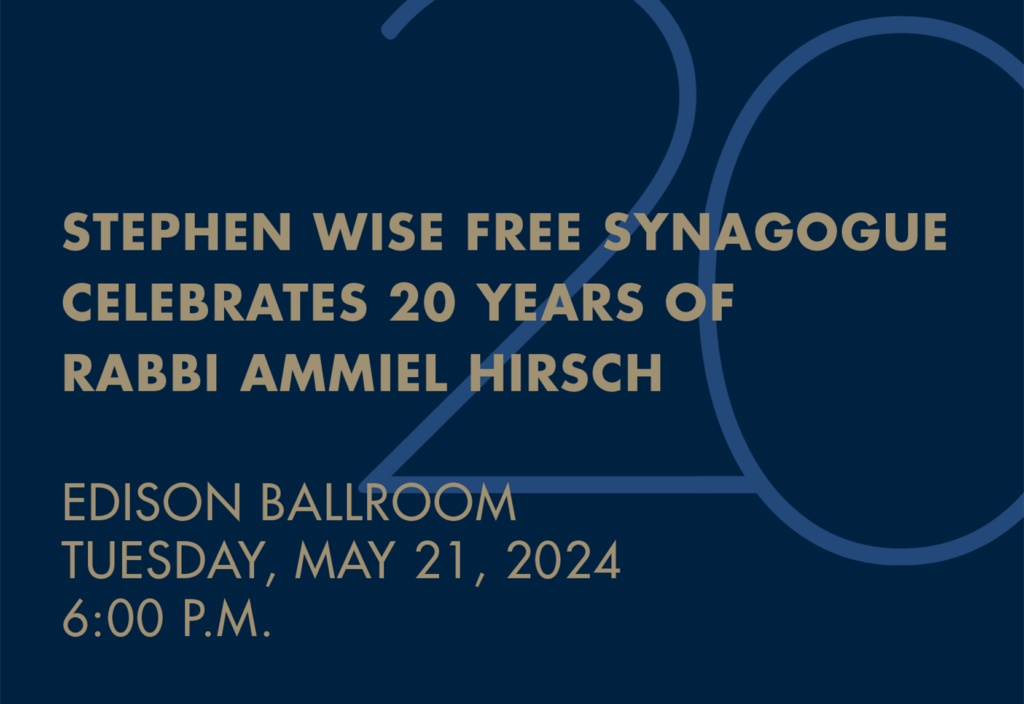After a scary night that saw 300 missiles and attack drones launched at Israel by the Iranian regime, Rabbi Ammi Hirsch delivers a message to the congregation and a prayer for peace in Jerusalem.
On our recent mission to Israel, Rabbi Ammi Hirsch scheduled time for our congregation to pick strawberries. But he didn’t expect that morning to be among the most moving of his experiences in Israel. Looking at the half-rotten harvest, he reflected on the global explosion of Jew-hatred, the plight of the hostages, the corruption of Western values — and walked away hopeful for the future…
Rabbi Ammiel Hirsch, senior rabbi at New York City’s historic 116-year-old Stephen Wise Free Synagogue and one of America’s foremost Reform Zionist leaders, delivered remarks at a rally on April 7, 2024, marking the six-month mark in captivity for Israeli hostages in Gaza.
Rabbi Rena Rifkin shares the complex emotions she encountered on her recent trip to Israel. “I notice that there is a sadness and a rawness in the air,” she observed. “The colors of the Israeli sunset feel muted.” But despite it all, she leaves with only one question: “When can I get back on a plane and return to the place that my heart holds dear?”
Sometimes anxiety amplifies our worries and we get caught in negative thought loops “that spin on and on,” says Rabbi Samantha Natov. “What does Judaism teach us about breaking these cycles?” she asks and answers…
Throughout the stories of Exodus that re revisit again and again and in this week’s parashah, we find a sacred call to answer, says Rabbi Samantha Natov. “What are we being called to do? Who needs our help? What internal spark are we ignoring?” Each of us must interpret God’s call — and determine our response…


